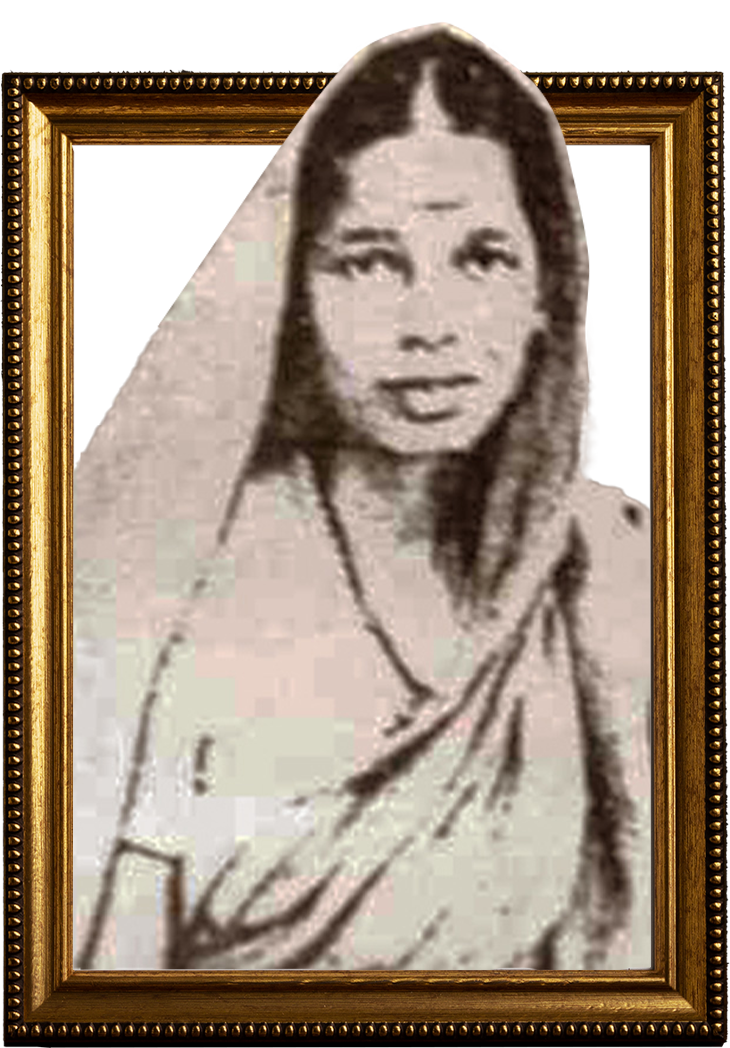
Savitribai Phule
(1831–1897)
Known for: India’s first female teacher, social reformer, women’s rights pioneer
Born: January 3, 1831 – Naigaon, Maharashtra, India
Died: March 10, 1897 – Pune, India
Nationality: Indian
Field: Education, Social Reform, Women’s Rights
Early Life
Savitribai was born into a lower-caste Mali family in Naigaon.
Married at the age of nine to Jyotirao Phule, a progressive thinker and social reformer.
Though she had little formal education at the time of marriage, her husband educated her at home.
Timeline: Savitribai Phule
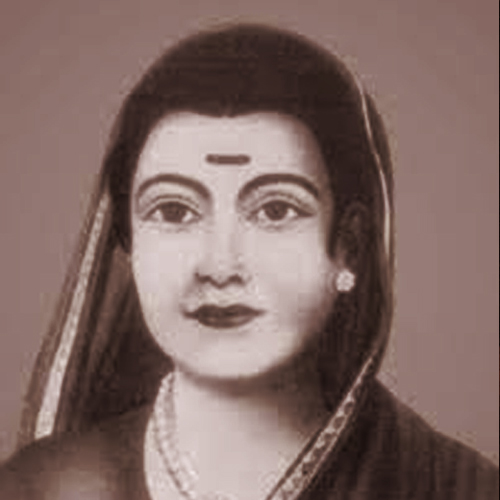
1831 – Born
Born on January 3, 1831, in Naigaon, Maharashtra, into a lower-caste family.
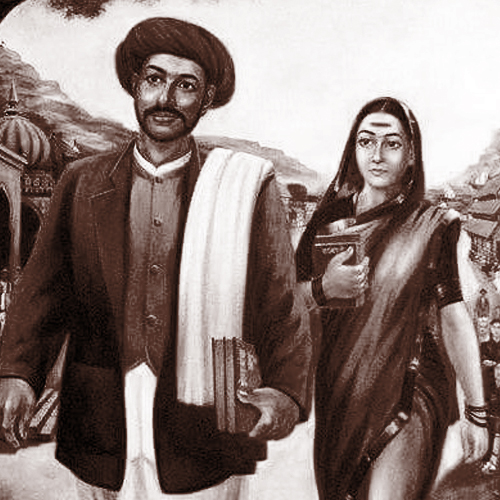
1840s – Married & Educated
Married Jyotirao Phule at age 9; he taught her to read and write, preparing her for teaching.
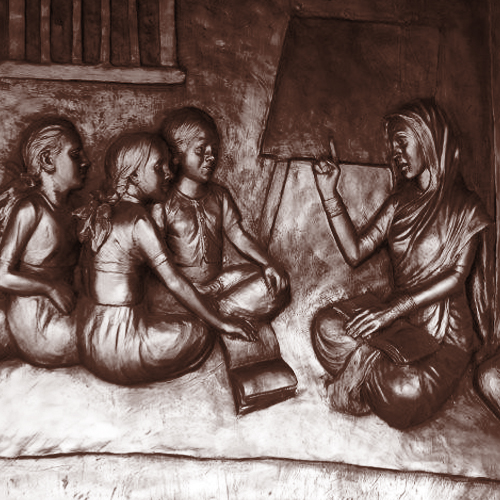
1848 – Opened First Girls’ School
Became India’s first female teacher and co-founded the first school for girls in Pune with Jyotirao Phule.
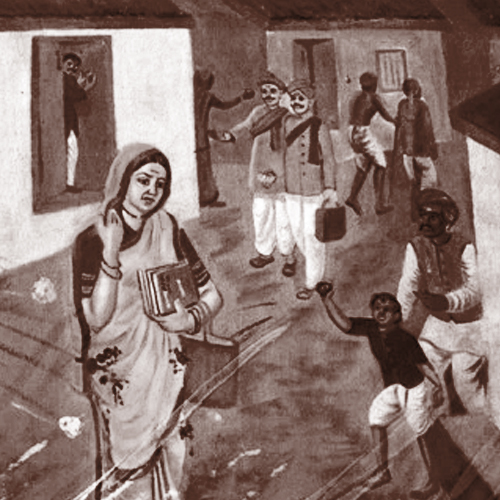
1850s–70s – Reformer and Poet
Advocated for widow remarriage, anti-dowry, Dalit rights, and published powerful poems on social justice.
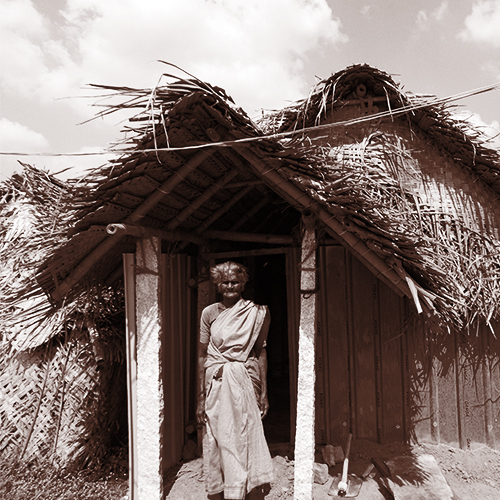
1863 – Shelter for Widows
Established a home for widows and rape survivors to protect their dignity and raise their children.
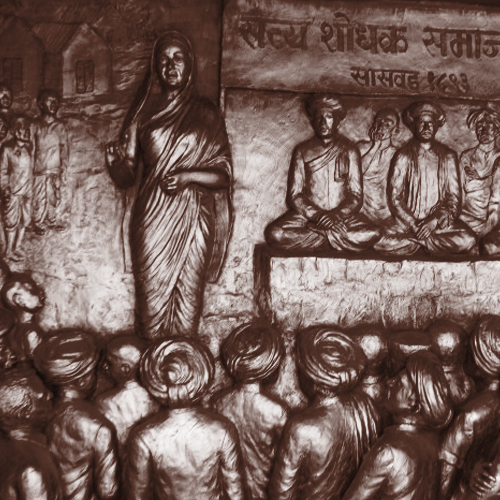
1893 – Led the Satyashodhak Samaj
After her husband’s death, she led the Satyashodhak Samaj and continued their mission of social equality.
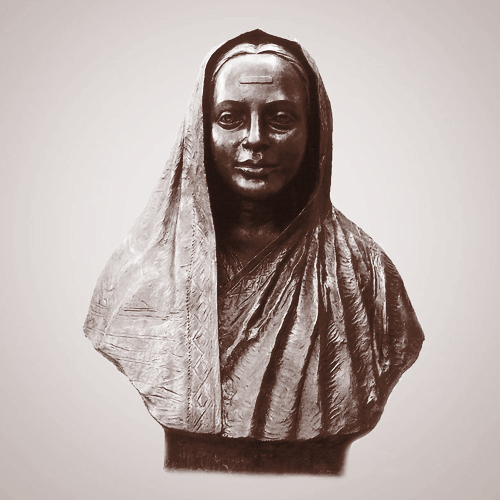
1897 – Passed Away
Died on March 10, 1897, while caring for plague victims. Her legacy lives on through education and reform.
Breaking Barriers: First Female Teacher of India
-
Savitribai went on to complete her teacher training at:
-
Normal School, Pune
-
Mrs. Farar’s Institution in Ahmednagar
-
-
In 1848, at just 17, she opened the first school for girls in Pune with her husband Jyotirao Phule.
-
This was a revolutionary act at the time — educating girls (especially from lower castes) was considered taboo.
Social Reform & Activism
Education for All
-
Established 18 schools for girls and marginalized children (Dalits, backward castes).
-
Advocated for women’s literacy, self-respect, and financial independence.
Widow Remarriage & Care for Abandoned Women
-
With Jyotirao Phule, she established a home for pregnant rape victims and widows, helping them give birth and raise children with dignity.
-
Adopted a child from such a victim — Yashwantrao, who later became a doctor.
Fight Against Caste System
-
Opposed Brahmanical oppression and untouchability.
-
Spoke out against child marriage, Sati, and dowry practices.
-
Helped found the Satyashodhak Samaj (Truth-seekers’ Society), which fought for equality among all castes and genders.
Writing & Poetry
Savitribai used poetry and writing as tools for awareness and protest:
-
Poetry Collections:
-
Kavya Phule (Poetry Flowers, 1854)
-
Bavan Kashi Subodh Ratnakar (1892)
-
Her poems spoke of justice, resistance, and liberation for women and oppressed communities. She encouraged education as the path to empowerment.
Final Years & Death
-
During the plague pandemic in Pune (1897), Savitribai actively nursed and helped the sick.
-
She caught the disease herself while caring for others and passed away on March 10, 1897.
Her death was a reflection of her lifelong commitment to service and sacrifice.
Legacy and Recognition
Savitribai Phule’s impact was immense, though often underrepresented in mainstream history:
-
Honored posthumously as a pioneer of Indian feminism and social justice.
-
Her birthday (January 3) is celebrated in India as Balika Din (Girl Child Day) in her honor.
-
Multiple statues, stamps, schools, and institutions have been named after her.
-
Maharashtra Government launched schemes and awards in her name to promote education for girls.

Discover the untold stories of women who shaped the world. Our platform is dedicated to celebrating the lives and legacies of extraordinary women—artists, scientists, educators, and activists—whose contributions have often been overlooked in mainstream history.